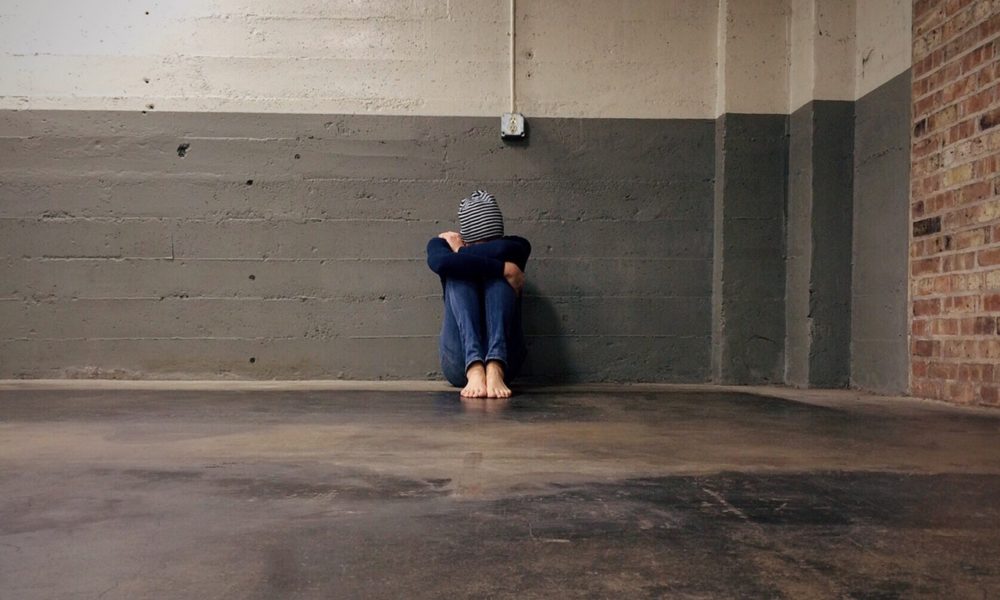Recently, a number of tragedies have occurred within the marching arts community. As these events unfold, our hearts break for our comrades. Individuals involved in these tragic events are directors, instructors, section leaders, musicians, bus drivers, mentors, and friends–now victims.
Here are just a few recent examples:
September 2017 Broken Arrow Band Student Dies at Football Game
July 2017 Phantom Regiment Bus Crash
April 2016 – Drum Instructor Struck by Hit-and-Run Driver
As a first responder, I have witnessed thousands of illnesses, injuries, and deaths in my career. Throughout my career, I have observed an increased rate of PTSD, depression, anxiety, substance abuse and suicide among our personnel compared to the general population. We are tasked with responding to crisis daily in the course of our duties, yet we have trouble dealing with the toll these events leave behind.
A crisis can be expected to have an array of negative effects on students, an academic institution, and the entire community. Many educational institutions have a crisis response team and procedures established to address the needs of students and staff following tragic events. Even with the assistance of professional teams and effective incident response procedures, the leaders of marching groups play a pivotal role during difficult times in their musicians’ lives.
Leaders of marching groups must understand their role and the resources available to assist in times of tragedy. This begins with self-care, addressing the effects of the incident impacting them. Self-care is possibly the most challenging, yet most important part in leading a group toward resiliency. Just like the oxygen mask on an airplane, take care of yourself before assisting others.
Despite the best professional resources and crisis response procedures, some musicians will gravitate toward their trusted mentors to find solace. While this should be welcomed, it is important to encourage and refer students to the resources available through the crisis response team or a qualified professional.
The National Center for School Crisis and Bereavement provides the following guidelines for talking with students following a crisis or death:
- Listen – to what students want to share with you. It may be difficult but just listening can be a powerful healing force.
- Protect – students from becoming re-traumatized. Sometimes other students may ridicule or bully students who are highly emotional or cry.
- Connect – with students who have suffered a loss by asking how they are doing; checking in with them on a regular basis; letting them know that you are available to listen; or giving them positive feedback about their attendance or classroom work.
- Model – adult behavior that shows them how responsible adults react to loss and respond to a crisis. Adults may grieve, but they continue to act with consideration and maintain calm routines at school.
- Teach – Crisis counselors can teach students about the normal signs and symptoms of grief and/or trauma so that students can assess and understand their own behavior and learn new ways of coping.
Others will find comfort in togetherness of the group. In consultation with a crisis response team or qualified professional, consider gathering the group for a facilitated debriefing following the tragedy. A Critical Incident Stress Debriefing (CISD) is an effective tool used by first responders following particularly traumatic events. The CISD often serves as a gateway to arrange for further individualized counseling.
Each tragic event will pose unique challenges. Each individual will respond differently and at their own pace. These are among the dynamic realities which present difficulties for all of those involved. Arranging and leaning on a crisis response team or qualified professional is the best way to prepare for marching group to cope with a tragedy.


